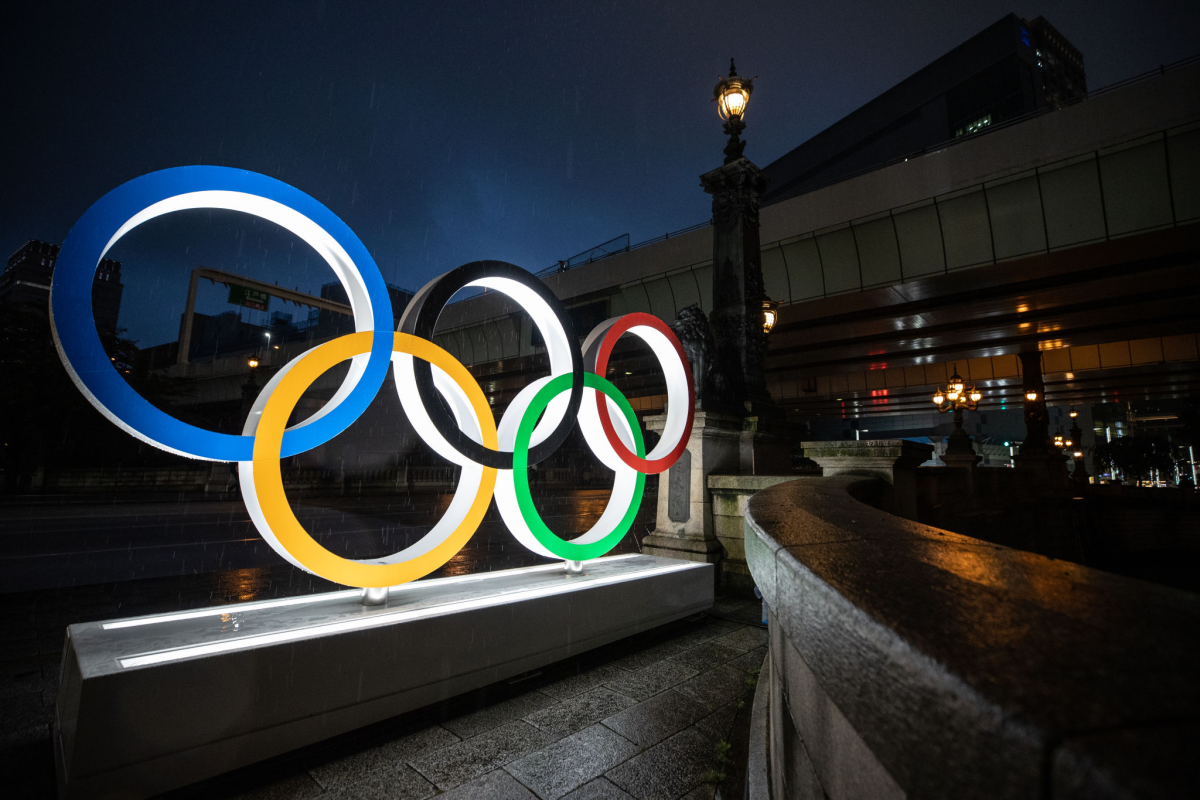Tokyo Games are least-watched Olympics ever for NBC

- Share via
The troubled Tokyo Olympics finished with a historically low TV audience over 17 days.
NBC averaged 15.5 million viewers according to Nielsen prime time telecast data, a record low for an Olympics on the network that has carried the Summer Games since 1988.
The Tokyo audience declined 42% from the 2016 Summer Games in Rio. Since 2016, competition for viewers has grown exponentially with the addition of new streaming platforms, which have cut into the numbers for many major TV events.
NBC drew a large online audience, with consumers streaming more than 6 billion minutes of coverage over the NBC Olympics app, its Peacock platform, and through its social media partners such as YouTube and TikTok.
NBC parent Comcast was counting on the Olympics to help boost Peacock, the streaming service the company launched last year.
The company provided a record 7,000 hours of coverage across TV and streaming platforms.
Despite the TV ratings drop-off, NBC Sports Group Chairman Pete Bevacqua said last week that the network was able to satisfy virtually all commitments made to advertisers who bought commercials. But using unsold inventory to provide free make goods to advertisers deprived NBC of the opportunity to sell the held back commercial time for additional revenue.
NBC Sports chief Pete Bevacqua says parent Comcast achieved its goal of boosting its Peacock platform with the Olympics despite “curveballs.”
Faced with disappointing numbers, NBC was forced to tout the relative strength of the Tokyo Games, noting that viewership is in the range of “Sunday Night Football,” the most-watched program in prime time.
But the obstacles NBC faced in the Tokyo Games were apparent from the start. There was a yearlong postponement, and a threat of cancellation loomed as Japan continues to struggle with the COVID-19 pandemic.
Based on how sports ratings suffered in the U.S. when teams played in empty arenas and stadiums during 2020, the lack of fans in the stands in Tokyo could not have helped. Even under optimal circumstances, a 13-hour time zone difference makes it nearly impossible to avoid learning the results of events that happen while most of the U.S. is asleep.
NBC was also deprived of extended performances by several anticipated U.S. Olympic athletes.
Sha’Carri Richardson, a charismatic American sprinter, lost her spot on the team after testing positive for marijuana. American gymnast star Simone Biles opted out of most of her events to deal with mental health issues. Tennis phenom and Olympic torch-bearer Naomi Osaka was eliminated early after losing in straight sets in the third round to Czech player Markéta Vondroušová.
More to Read
Inside the business of entertainment
The Wide Shot brings you news, analysis and insights on everything from streaming wars to production — and what it all means for the future.
You may occasionally receive promotional content from the Los Angeles Times.












